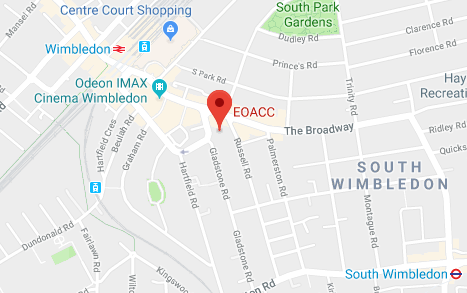With all of the changes to personal pensions…
Pensions Contributions: Personal vs Company
Please note that this is a general guide only, you should consult an IFA for advice on pensions.
If you are running your own company, then contributions from the company may be preferable over personal pension contributions. Pension contributions paid from the company directly to a registered pension scheme is an allowable expense for the company if wholly and exclusively for the purpose of the trade (meaning that it’s not excessive) – the pension contributions paid by the company forms part of the director/shareholder’s pay package, and this as a whole should be reasonable and market related. The important thing to note is that contributions must be actually paid during the company’s financial year to qualify for tax relief.
If you want to make personal pension contributions and the pay package from your limited company consist of the widely used ‘low salary, rest dividends’ then the amount you would get as a tax deduction would be limited to the salary portion. To increase personal pension contributions you would need to increase the salary amount from your limited company, and then you and your company would most likely pay National Insurance, which can’t be claimed back. Non-earners or people earning less than £3,600 can get tax relief on annual pension contributions up to £3,600.
The same limits and thresholds apply, regardless of who made the payments and whether to one or more pension schemes – the limits and thresholds are on the individual. The annual allowance is £40,000 and the lifetime allowance is £1,055,000 in 2019/20. If you have unused allowances from the previous 3 years, you can add this to your current year allowance, meaning that you could make contributions of up to £160,000 in some cases, if full allowances from previous years have not been used. This LINK can help you check if you have unused annual allowances on your pension savings. Your annual allowance may be lower if you have high income or if you have flexibly accessed your pension pot. And you may have to pay tax if you go above the annual allowance. This LINK has more info on annual allowances.

